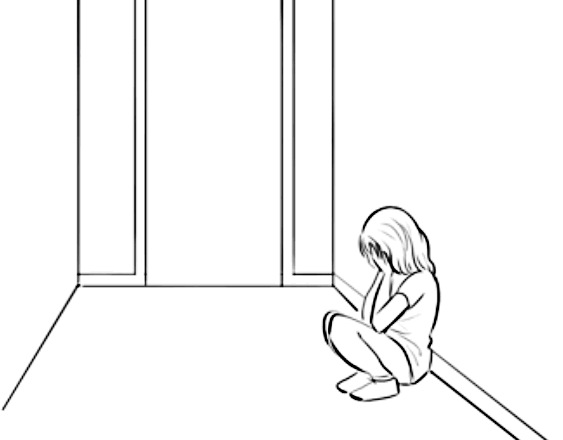Trauma Informed Care
Creating welcoming care spaces for all
We carry our childhood experiences, good and bad, with us into adulthood. Experiences that affect us negatively, called Adverse Childhood Experiences (ACEs), can increase an individual’s risk for chronic disease, social and emotional issues and more. As a community, we must better understand how exposure to trauma affects individuals.
Between 1995 – 1997, the CDC and Kaiser Permanente led a large-scale study to measure the impact of childhood maltreatment on adult health. This study found that ACEs may lead to social and cognitive impairment, the adoption of potential high risk behaviors, disease, disability, social problems, and early death. Trauma-Informed Care is an approach to providing services that take in consideration the social history of the clients, patients and community we serve. By raising awareness of the impact of ACEs and engaging our community in a trauma-informed response, we seek to create safe and empathetic environments for healing.
Towards a trauma-informed Yellowstone County
In 2014, the HBD Coalition received a $1.5 million grant from the US Department of Health and Human Services to initiate a trauma-informed community that is better prepared and has adequate resources to respond to behavioral health needs of individuals. The Development of Systems for Trauma-Response Education and Supportive Solutions (DE-STRESS) initiative resulted in several successes, including:
- Training of over 2,000 social service providers, 1,000 health care professionals, and 300 educators on the impact of trauma and trauma-informed care, changing the way several organizations provide services.
- Local resources were created and remain available for use at no cost, including videos, marketing materials, and training.
- Montana 211, a directory of resources and support services, was launched for our region.
- Coalition members have spearheaded additional initiatives including PAX: Good Behavior Game training and implementation in local schools and the creation of the Substance Abuse Connect .
Learn more

Do you need help right away? Reach out to a local or national resource that’s ready to help. These organizations provide free assistance to those in need, and some are available 24/7.
Community Crisis Center
See website or call (406) 259-8800
988 Suicide and Crisis Lifeline
Call, text, or chat 988
Crisis Counseling
Text “HOME” to 741741
Safety Planning App MY3
Stay connected with your personal support team
What is your ACE score?
What is your ACE score?
Organizational Assessment
Organizational Assessment
Self Care Assessment
Self Care Tools
Trauma Informed Care Training
Trauma Informed Care Training
Adverse Childhood Experiences (ACEs)

Everyone’s experiences are different. Some are good, others are bad and can affect us negatively — they’re called Adverse Childhood Experiences, or ACEs, and can increase your risk for chronic disease, social and emotional issues and more. But risk doesn’t mean destiny. There is hope.
To learn more about ACEs or to request simple information materials for your organization, see below.

 in Montana
in Montana